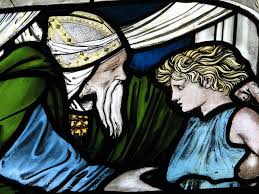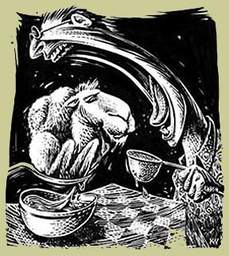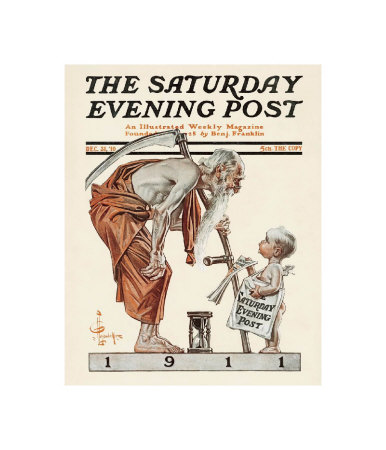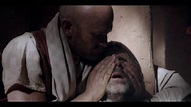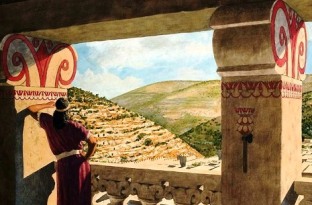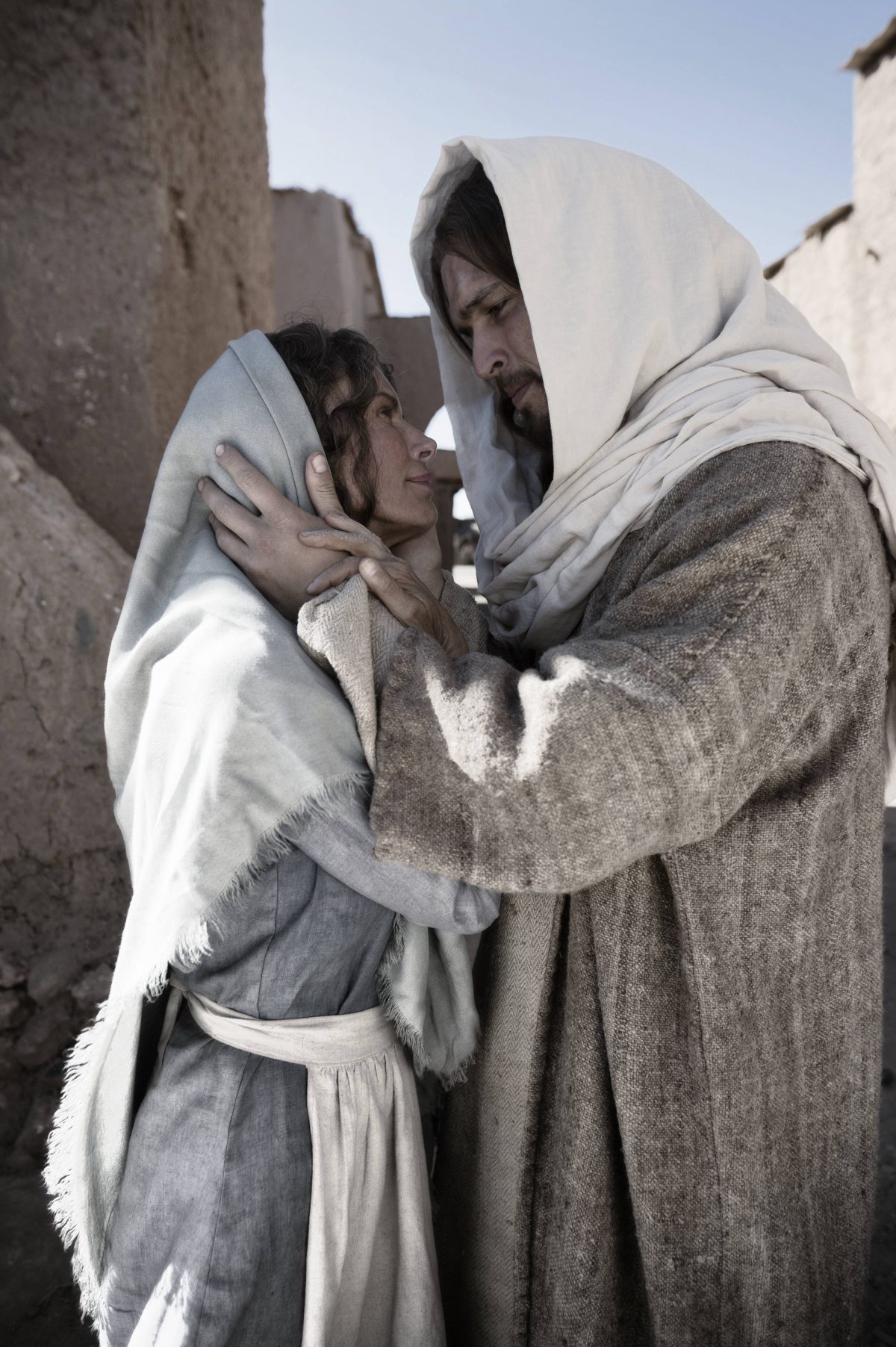Background Passages: I Samuel 1:1-21
We live in a time when it seems people have a hard time hearing God speak. The noise of our technology, the rattle of the personal and global sabers and the drone of strident political debate drown out God’s voice.
Some might suggest that the low tide of our spiritual lives is a result of God backing away from us. That he has little to say because we have proven ourselves unworthy. Maybe. But, I don’t think that thought is consistent with the character and nature of God. More than likely, we are at fault. When we no longer hear God speaking it’s more likely because too few of us want to listen.
Life in America today reminds me of a distant time in Israel, when too few of God’s people listened for his call and direction.
“…In those days, the word of the Lord was rare; there were not too many visions.” (I Samuel 3:1)
I first heard the story as a child. The passage was sanitized somewhat to protect me from the more sordid details. It is the opening verse in the story of God’s call to Samuel to serve as his prophet in Israel.
You probably remember the story as I do. Samuel forever portrayed as a young child, sleeps in the temple after being dedicated to God’s service by his grateful mother, long unable to have children. As he serves in the tabernacle, he is one night awakened three times from his slumber. Samuel assumed the voice calling his name was his surrogate father and mentor, Eli, the priest. Two times Eli sent him back to bed telling him he was dreaming.
The third time, Eli realized that the boy was being called by God. He told him simply, “If you hear the voice again, answer, “Speak, Lord, for your servant is listening.” For the fourth time, the voice called to Samuel who responded as he had been instructed. “Your servant is listening.”
That childhood lesson ended there. The teaching clear. God calls. I must listen. This is a lesson I still need to hear, even as a senior adult. However, there is more to this story for those who want to take it to the next level.
First, God’s call is personal. When God speaks it is a personal message just for me. If his call were generic and meant for everyone, it would be far too easy to dismiss it. To lay at the feet of someone else. “That task is not for me. Let the church staff do it. That’s why we pay them.” When God calls, he is calling me. His call is applicable to my life. My call to service and ministry. It is personal.
Secondly, his call is penetrating. God does not need to speak in a voice of thunder that can cut through the noise, rattle and droning that dominate our lives. Don’t get me wrong. I’m living testimony that God will sometimes use a 2” x 4” across the nose to get our attention. His quiet call to salvation and service is capable of cutting through the most hardened heart and the most reluctant soul.
Thirdly, God’s voice is persistent. God’s will is not easily thwarted. He does not give up on us without a fight. So, when we don’t hear him the first time, he will call again…and again…and again. He will call out our name. He will tap us repeatedly on the shoulder. If we still do not respond, he will nudge another to remind us to listen, just as he nudged Eli. I’m grateful that he is persistent in drawing me to him.
While the story teaches much about the work of God in making the call, it also teaches us a lot about the response he desires from us.
First, I must make myself available to him. When Samuel heard the voice, he immediately got up from his slumber and responded to it. True, there first few times he didn’t know who was speaking, but he responded. He opened his heart to the possibilities. When God called Isaiah years later to carry a message of repentance to his people, the prophet responded in much the same way as young Samuel, “Here I am. Send me.” It has been the right response for ages. “Here I am.” I am available.
Secondly, Samuel eagerly responded. Each time his name was called, Samuel ran to Eli. He didn’t hesitate. He didn’t walk. He didn’t wait until morning when it was more convenient. He got up and ran to the one he thought was calling with eagerness and anticipation. “Here I am,” he said. His actions said, “What can I do for you?” Samuel possessed a heart that was ready to be moved. A mind open to the possibilities. A spirit willing to act. It’s not enough to be available. We must be ready to respond immediately to God’s instruction.
Finally, Samuel served obediently. The children’s story ends with Samuel available and eager. The message for the rest of us takes it one step further. It calls for obedience.
If we remember the beginning of the chapter, Samuel lived during a time in which the people of God had a hard time hearing him speak.
“…In those days, the word of the Lord was rare; there were not too many visions.”
Israel’s spiritual leaders lost their focus. Eli, the priest, had grown old and complacent in his faith. His sons, also priests, used their positions of power to satisfy their own personal desires. They desecrated the sacrifices. They extorted payments from those who came to worship. To his credit, Eli confronted them about their sin, but they refused to listen. Eli, ultimately, failed to discipline them for their evil deeds, even after being warned of God’s displeasure.
The failure of the spiritual leaders led to the failure of the people to worship God fully. To allow him to lead and direct their lives.
God eventually told Samuel he was about to do a new thing in Israel that will make the “ears of everyone who hears of it tingle.” When God called Samuel, he placed upon him a heavy burden. Change was coming. God would assert his control over the lives of his people in an effort to draw them back to him, but it would come at a cost to Israel…to Eli and his family…and to Samuel. It would be Samuel’s responsibility to announce God’s judgment to Eli, man who served as father and teacher in his life. It would fall upon Samuel to chastise a king and a nation.
Despite the cost, Samuel did as God required. Because of his faithful obedience, scripture tells us,
“The Lord was with Samuel as he grew up and he let none of his words fall to the ground.” Samuel proved trustworthy in the word of God that he proclaimed. As a result, all of Israel knew him as God’s prophet.
Living as we do in a nation that prides itself as a “nation under God,” it’s sometimes hard to find the evidence of it. It feels as though we have drifted away from God and his purpose for our lives. I wonder what it will take for us to return to a place where our words and our actions reflect the will and purpose of God?
God’s message will always be personal, penetrating and persistent…calling us as individuals to respond to his voice. For when enough individuals respond with availability, eagerness and obedience, our words…which are God’s words… will not fall to the ground unheard and unnoticed.
Maybe all it takes are enough of God’s people saying, “Here I am, Lord. Speak, for your servant is listening.”
